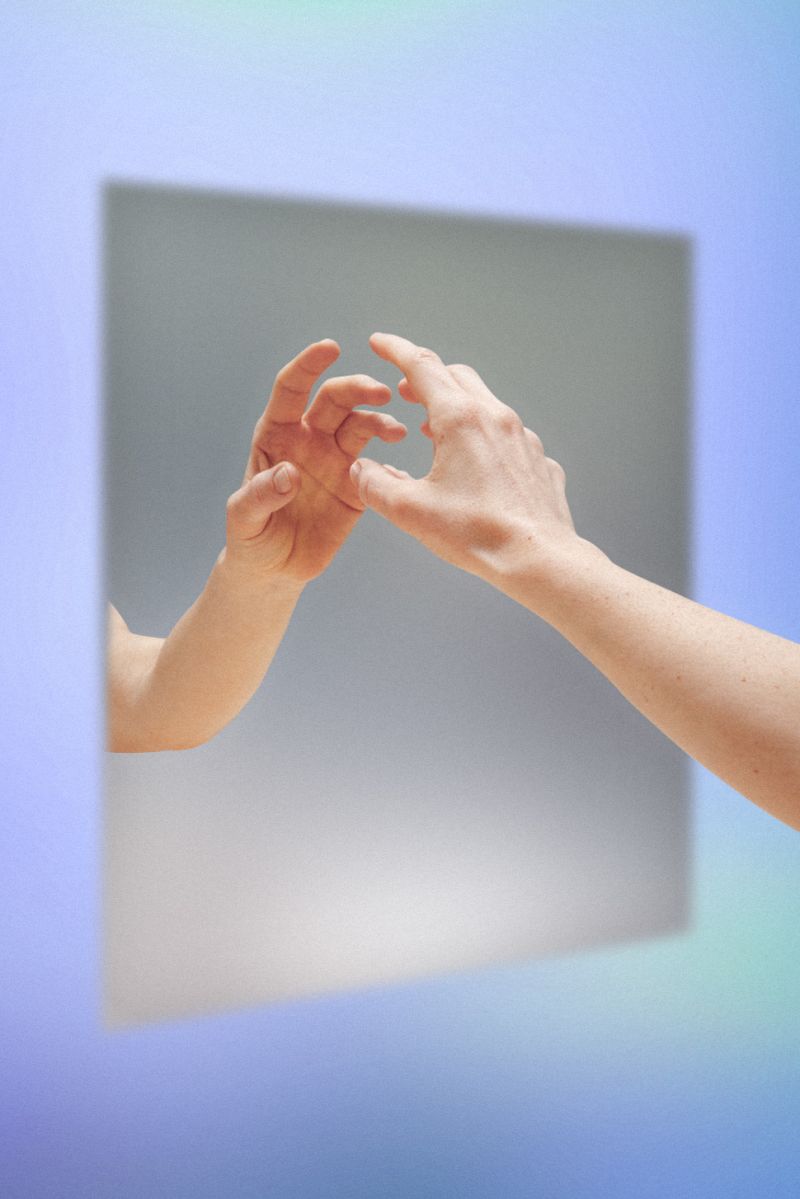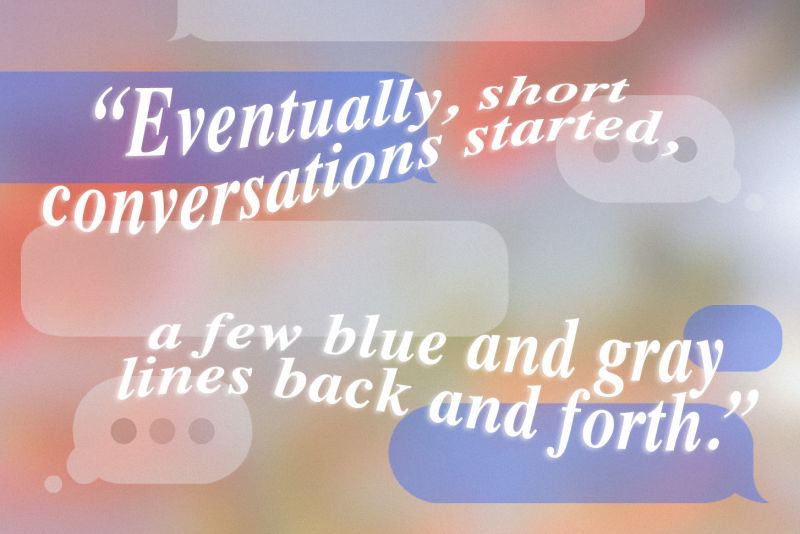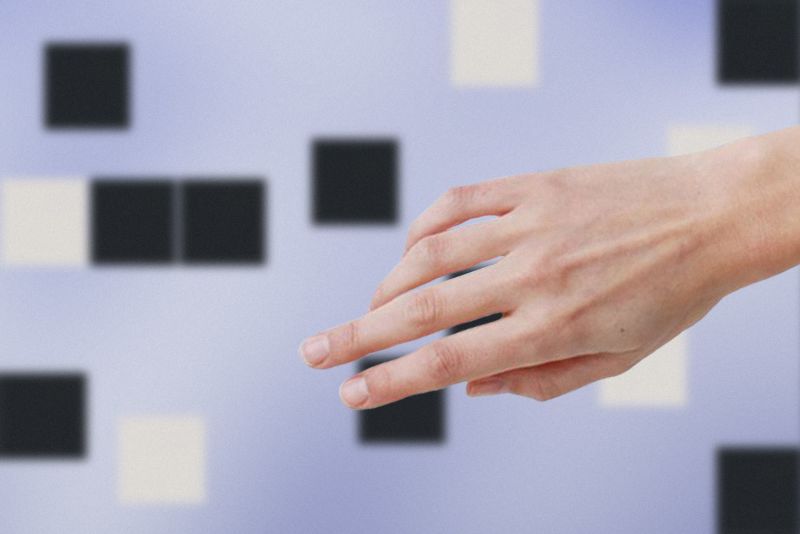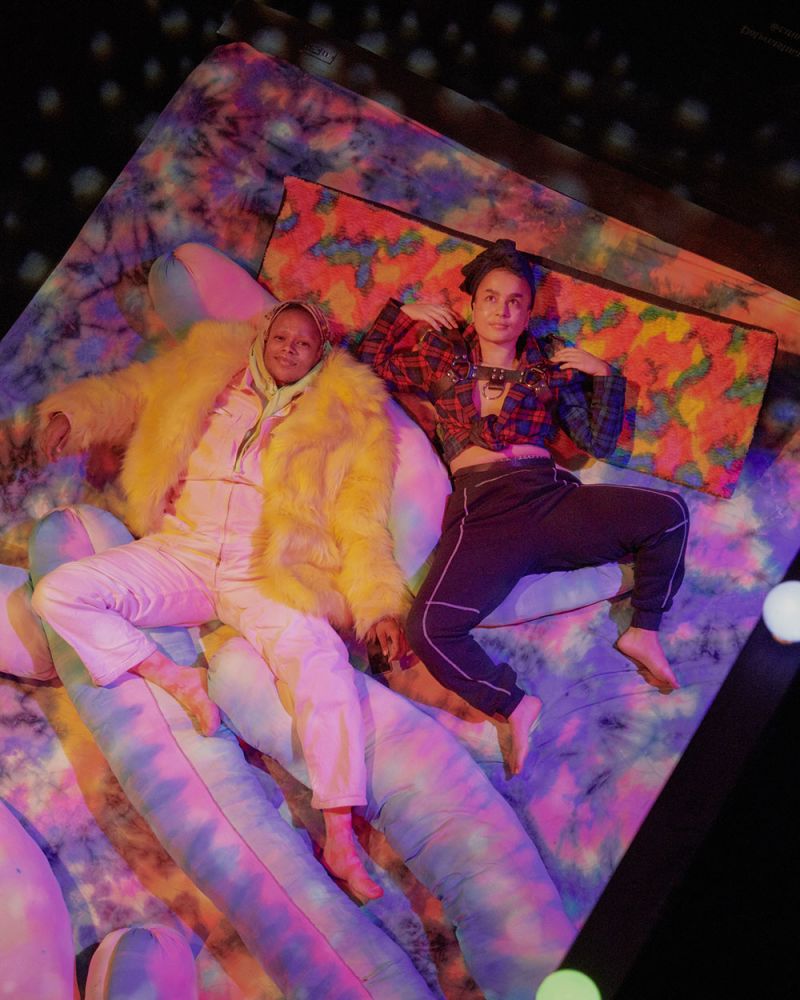
When My Brother Was Diagnosed With Mental Disorders, This App Taught Us to Communicate
"I guess what’s important is that we found a way to connect, to say, 'Hi, I care about you.'"
Date Posted
July 19, 2019
People are always surprised when I tell them that I have a younger brother. Even my close friends. “I never knew you had another sibling!” they’ll exclaim, or “What? How could I not know this?”
And it’s not that I tried to hide my brother from anyone. Really. It’s just that, to rely on the trope, family is complicated.
After high school, I traversed the country to go to college, and while I was worrying about the politics of fraternity formals and pulling all-nighters under the harsh fluorescent lights of the science center library, things were getting worse with my brother at home. He’d always been a little different, but while my older sister and I grew into teachers’ pets who strived to do well in our extracurriculars and get into good colleges, my brother couldn’t quite nail the work or social scene of high school. There were signs when he was younger as well, but how challenging even the simplest tasks were for him just got more pronounced as we all grew older. Everything seems like an uphill battle for him, from waking up for school in the morning (a perpetual standoff between him and my mother) to joining the family at the dinner table at night.
So, thousands of miles away, I was a world apart. Overprotective, my parents kept me from what was going on at home. And on some level, I wanted to feign ignorance, too. There was a thick layer of upset, depression, and hurt over what was going on with my brother—he was diagnosed with some mental disorders and kept hopping around high schools, unable to make friends or follow the rules. It was all too overwhelming, and it was just so much easier to stay in the dark; to escape to the quad and muse about campus gossip with friends than to face the harsh reality of my struggling family. So that’s what I did.
Eventually, my little brother turned into a stranger.
How do you know how to be a good older sibling when you’ve never done it before? How do you know how to deal with a sibling with mental disabilities and trauma when it’s so far removed for your reality? How can you reconcile years of fighting with your younger sibling because you thought they were just being annoying or petulant, when really they were crying out for help? And how can you forgive yourself for that? I have no idea. Still don’t.
I also don’t know how I got into the New York Times Crossword app, but one day, years after college, I found myself sitting on a blanket in McCarren Park, my best friend to the left of me, trying to solve the mini five-by-five puzzle that’s offered free daily. I’m sure that I was simply craving something new in my life—even with the endless buzz of energy in New York, I was a twenty-something feeling listless on a sunny day—and the mini crossword seemed a good place to start. Our park day turned into a crossword extravaganza, and my friend and I were hooked.

Another new thing I had welcomed into my life was a goal to call my brother once a week. I vacillated between feeling sorry for him, feeling sorry for myself, feeling angry at him, feeling angry at myself, and feeling intense compassion for my parents. But none of that a relationship makes, so I figured I should try to give him a call.
The calls were short and awkward. What do you say to someone who you know you’re supposed to love, who has been through so much, but who you don’t understand? “I’m sorry I called you a little shit and didn’t let you play with my friends when I was fourteen. I didn’t know that you had gone through such trauma and were repressing so much pain, plus we were really busy trying to decide if Stacey actually liked Brett.”
One day, exasperated, I asked if he’d want to have a running crossword competition. I told him how to download the app, and explained that we’d send each other screenshots of our completed mini crosswords of the day. Maybe trying to have full-on conversations was moving too fast, I figured. Maybe all I needed to do was reach out, and it didn’t matter how.
I crushed him at crosswords. Where it took him a ninety seconds, I could do it in sixteen. But we didn’t care who won or how much time separated our completions. And for the record, he’s always been good at word games. He’s the type of Rummy Cube competitor who can win in one fell swoop on his first play.
If I got stuck on a word I’d sometimes try and chat about it when I sent him my completed mini. “I feel like yipes isn’t a word, right?” I’d text. Or, “Tricky one today!” There was also the, “I love you!” or “Have a great day!” that accompanied my screenshots.
Sometimes I’d send a few in a row without him responding, sometimes he sent a couple that I didn’t get back to. Eventually, short conversations started, a few blue and gray lines back and forth. But we could always retreat back to the puzzle if that started feeling like too much. When he started to annoy me, or when I felt the weight in my chest that usually accompanied thinking about our relationship, I just had to send the next day’s puzzle. It just took filling in those little squares to feel like we were rebuilding some sort of rapport. Roll of grass? Sod. French friend? Amie. Opposing votes? Nays. And then hit send.
The mini is the only free part of the app, but neither of us ever suggested upgrading to the libraries of puzzles sorted by theme, size, and season. All we needed were those twenty-five squares a day.

It seems like the most inconsequential of actions, but at least I was putting in an effort. Those screenshots were a reminder to both of us that were thinking of each other, an invitation to write back; to re-enter each other's lives. It was an effort that I could put in, that I wanted to put in—I enjoyed doing the puzzles. Where I used to have to remind myself multiple times a day to call my brother, putting it off, I’d pause whatever I was doing and text him the puzzle of the day. It only took a couple of minutes, but it was working to bridge years of disconnect.
I don’t actually know how much he likes doing crosswords. And I still don’t know how much we have in common, besides that whole being related thing. I guess what’s important is that we found a way to connect, to say, “Hi, I care about you.” And while I know that the New York Times minis aren’t a relationship app, I’m sure we’re not the only ones using it that way.
Now we’ve moved on to texting and calling—he even calls me sometimes. It’s still a little forced, but we’re now comfortable in each other’s phones, having gotten used to seeing each other’s name pop up on our iPhone screens. And when we haven’t talked in a while, I still send him the crossword. Somehow it says both nothing, and everything.

